30 Weird Family Rules That Taught You Great Life Lessons (and Made You a Better Person)
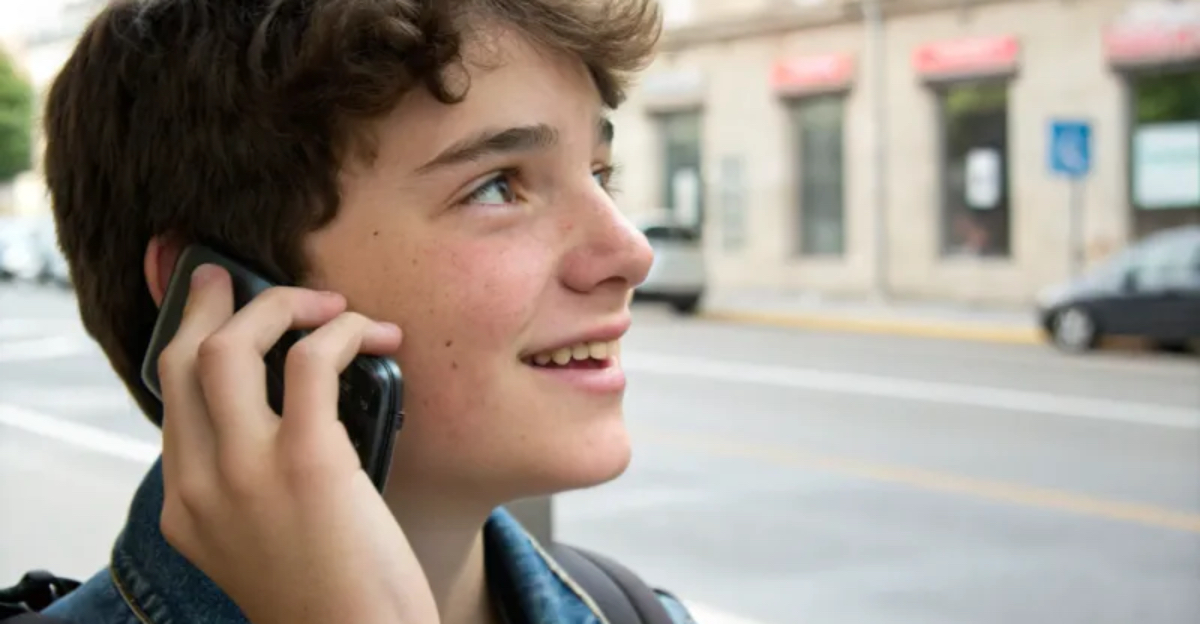
Every family has that rule. The one you didn’t question as a kid—because it was just “how things were.” No elbows on the table. No talking during Wheel of Fortune. No wearing shoes in the living room ever.
At the time, they felt a little strange… maybe even ridiculous. But as you’ve grown, you’ve realized: Those weird little rules? They shaped you. Strengthened you. Gave you values you still carry.
Here are 30 wonderfully weird family rules that may have seemed odd back then—but actually taught you life lessons that stuck.
1. Clean as you cook or don’t cook at all.
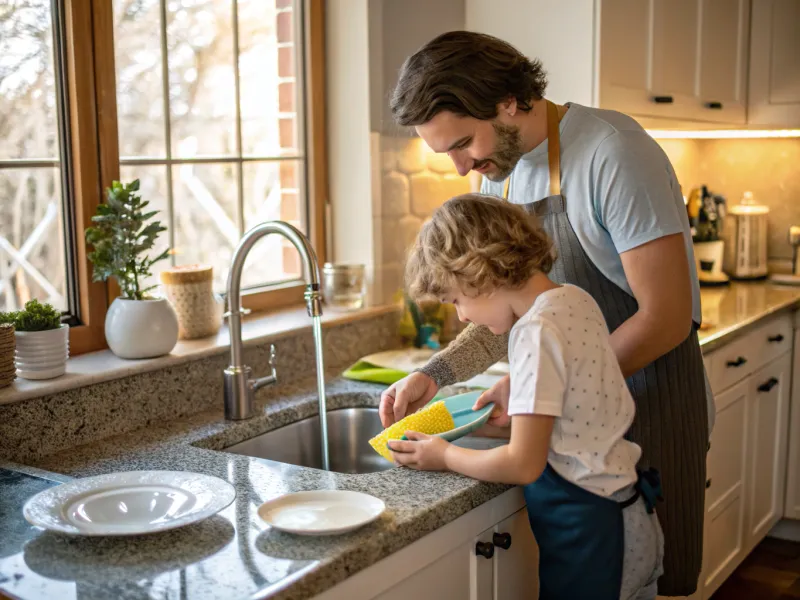
With a sponge in one hand and a spatula in the other, my family taught me that cooking without cleaning was simply not allowed. Each splash of sauce was swiftly wiped away as if ensuring our past actions never left a mark.
The clinking of dishes and the steamy aroma of a family meal became a dance of order that instilled discipline. It wasn’t just about cleanliness; it was a lesson in responsibility. We learned to tidy up life’s messes, both literal and metaphorical.
Now, I find solace in neatness, knowing that a clean kitchen reflects a clear mind. It’s a simple rule, yet one that whispers of integrity and care.
2. Everyone eats at the table. No exceptions.
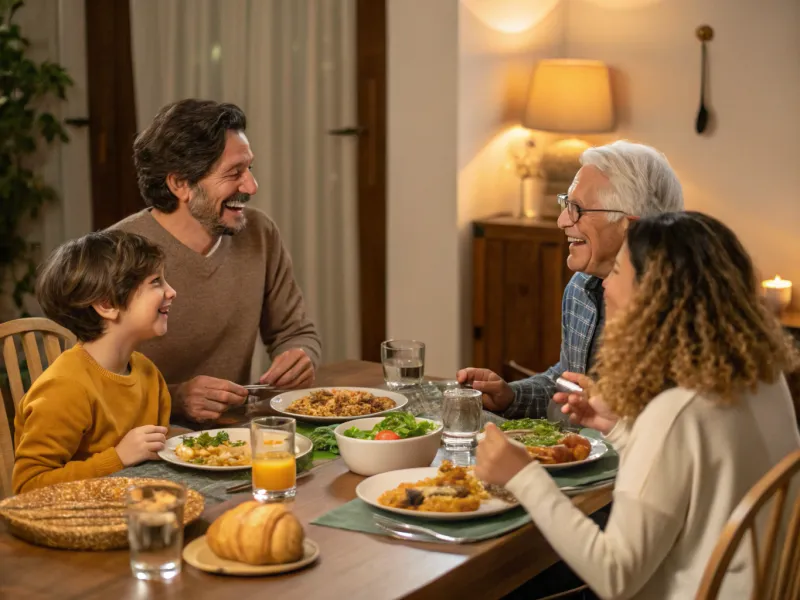
Meals in our household were sacred gatherings, not just about nourishment but about communion. The table, adorned with loving hands, became the epicenter of connection.
Each seat filled, stories shared, laughter echoing—the symphony of family life. This rule taught us that our lives intertwined like the threads of a cherished quilt.
Today, I cherish those moments. The table taught me empathy and understanding, nurturing bonds that transcended the ordinary. It’s more than just eating; it’s about feeding the soul.
3. We don’t throw anything away until we ask Mom.

In our home, objects were not merely things; they were treasures waiting for Mom’s discerning eye. With a glance, she could see potential where others saw clutter.
This quirky rule taught us the art of contemplation, to evaluate before discarding. It wasn’t just about things but about relationships, values, and memories.
I’ve learned to see beyond the surface, to recognize worth in unexpected places. It’s a lesson in mindfulness, a reminder that sometimes, the smallest things hold the greatest value.
4. Toilet paper goes over, not under.

Ah, the infamous toilet paper debate settled firmly in our household. It wasn’t just about preference; it was about efficiency and order.
This rule was a testament to the small principles that govern our lives. It taught us that even minute decisions reflect our values and attention to detail.
Now, I see it as a metaphor for life’s choices. It’s about standing by what you believe, even in the tiniest aspects, and knowing that these choices define who we are.
5. You can’t leave your room messy if your soul feels messy.

Walls adorned with posters, clothes strewn across the floor, and a mind swirling with teenage chaos. Yet, the cluttered room mirrored the cluttered soul.
This rule wasn’t just about tidiness; it was about finding peace amidst turmoil. The act of cleaning became a ritual of self-care and reflection.
In tidying my room, I found a sense of control and clarity. It taught me that inner calm often begins with outer order, a lesson I still carry into adulthood.
6. Saturday mornings are for chores—then cartoons.
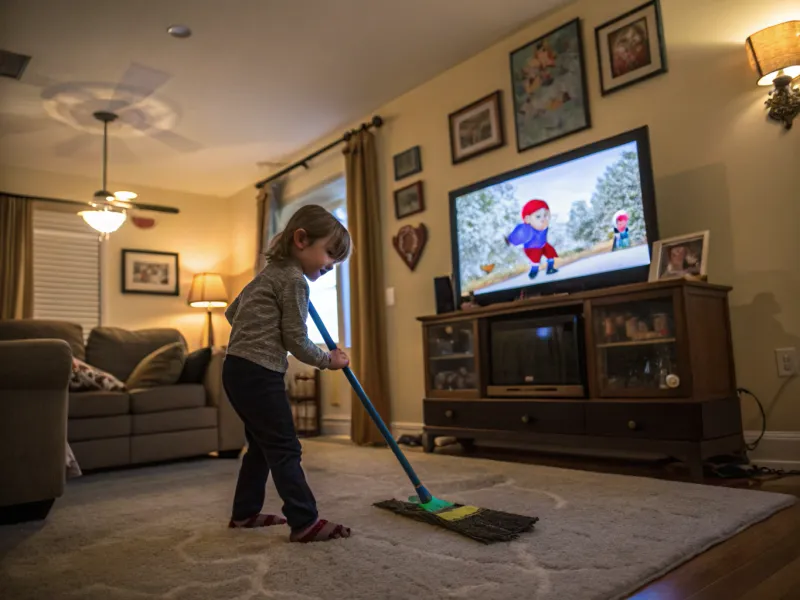
Saturday mornings held a sacred rhythm in our home: chores first, play later. The vacuum’s hum and the clatter of dishes were preludes to the delightful world of cartoons.
This rule taught us the beauty of delayed gratification, the joy of earning our leisure through effort.
I learned that hard work precedes reward, and this simple lesson has shaped my work ethic. It’s a reminder that patience and perseverance are keys to fulfillment.
7. No one touches the thermostat but Dad.

The thermostat was a revered object, resting under Dad’s jurisdiction. A simple rule, yet it symbolized boundaries and respect.
This taught us the importance of respecting others’ domains, and the value of trust and authority.
While we may have grumbled about the chill, the lesson endured: some boundaries are essential, even if they come with cold toes.
8. Fridge organization is sacred.
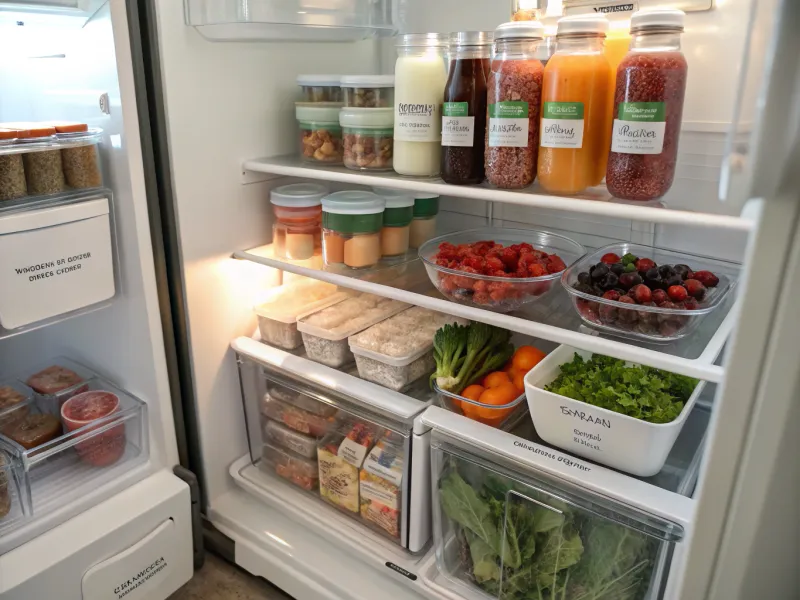
Our refrigerator was a masterpiece of order, where chaos found no welcome. Every item had its place, and harmony reigned supreme.
This taught me the art of organization and the peace it brings. It was more than food; it was a life philosophy.
Now, I find joy in order, knowing that a well-organized fridge reflects a well-organized mind. It’s a testament to balance and tranquility.
9. If you open a drawer, close it. Open a cabinet, close it.
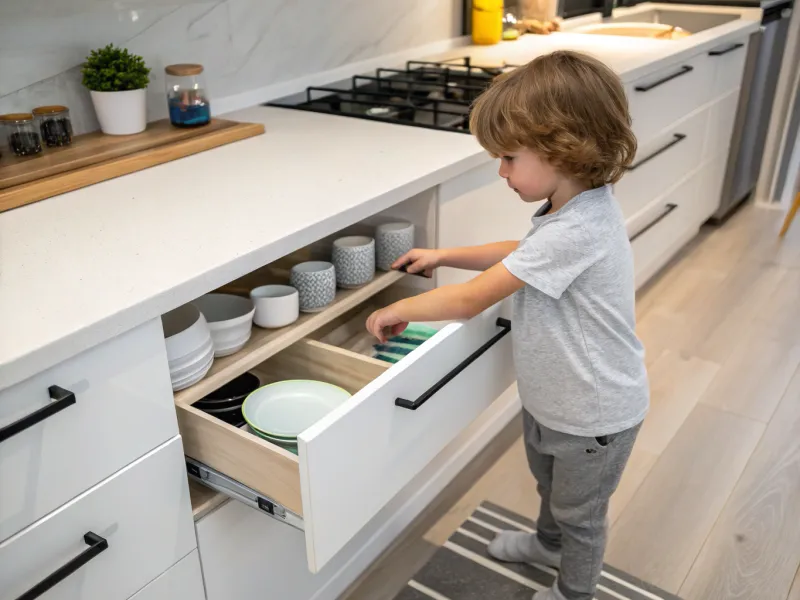
The creak of a drawer left ajar would echo through our home, a gentle reminder of unfinished tasks. This rule was about the small actions that define discipline.
It taught us to complete what we started, to pay attention to the details that shape our lives.
In closing each drawer, I learned responsibility, realizing that life’s little tasks often carry significant weight. It’s a lesson in mindfulness and precision.
10. Don’t say you’re bored—we’ve got baseboards that need scrubbing.
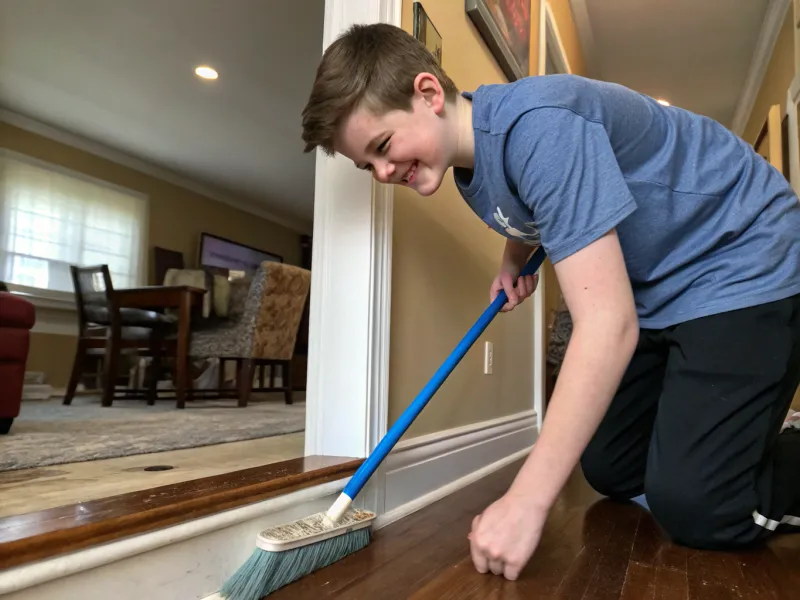
In our house, boredom was met not with sympathy but with tasks. The baseboards became the antidote to idle hands and minds.
This quirky rule sparked creativity, urging us to find joy in unexpected places or face the monotony of scrubbing.
Now, I see boredom as a blank canvas, a chance to create, explore, or simply rest. It’s a lesson in resourcefulness and finding beauty in the mundane.
11. Always say hello when you walk into a room.

Walking into any room, the first action was always a cheerful hello, an acknowledgment of the shared space and presence.
This simple gesture taught us to honor others, to recognize their existence and worth.
In a world often too busy to notice, saying hello became an act of kindness, a reminder that human connection begins with awareness and respect.
12. Don’t eat until everyone has a plate.
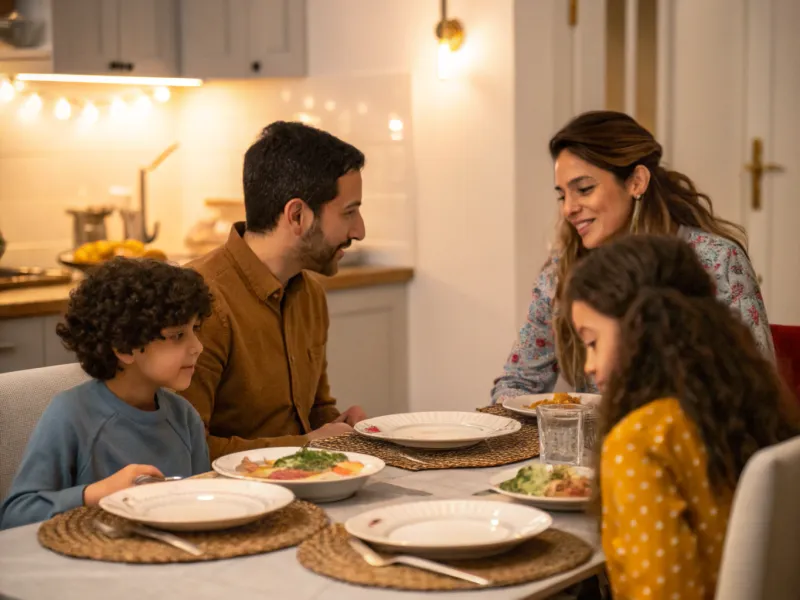
Meals began not with forks raised but with eyes meeting, waiting for each plate to be filled. This rule was about patience and respect.
It taught us that shared experiences are about togetherness, not just consumption.
In waiting, we learned to value each other’s presence, finding fulfillment in connection rather than haste.
13. Never show up to someone’s house empty-handed.
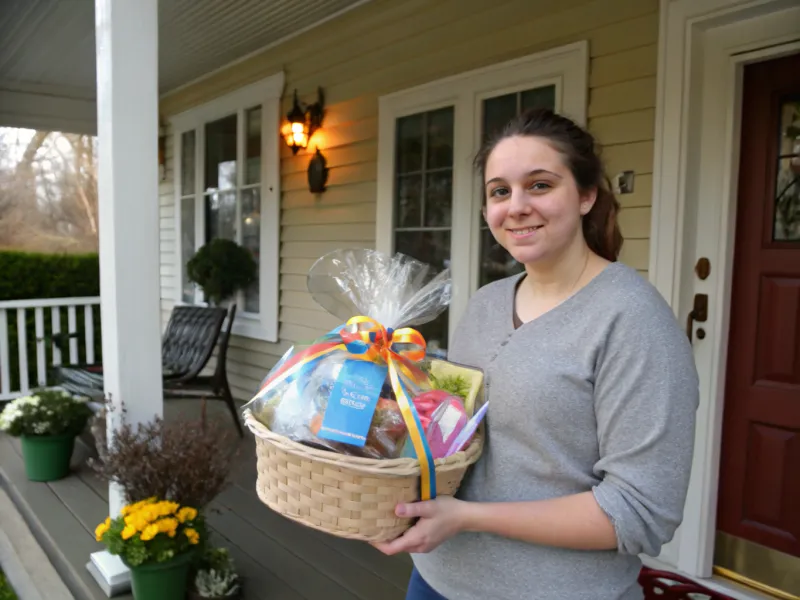
Visiting friends or family wasn’t just about presence; it was about thoughtfulness. Arriving empty-handed was unheard of.
This rule taught us generosity, the joy of giving, and the importance of showing appreciation.
Now, I carry this lesson with me, knowing that small gestures of kindness build bridges and strengthen bonds.
14. Say please, thank you, and mean it.

Manners were more than politeness; they were expressions of sincerity. Every “please” and “thank you” was meant to convey true gratitude.
This rule taught us that words have power, and when spoken with intention, they foster respect.
In a world where kindness is often overlooked, these simple words became pillars of character and grace.
15. Don’t speak with your mouth full… or anyone else’s business.
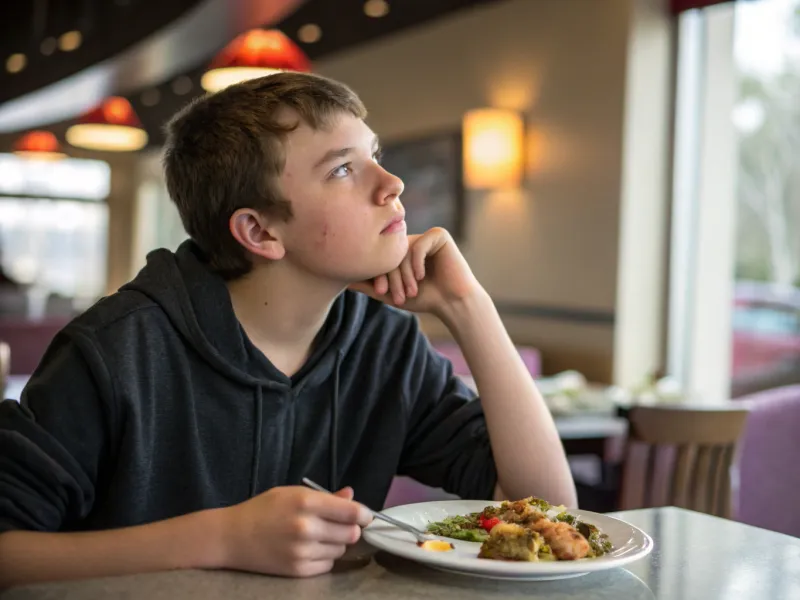
The rule was clear: food in mouth, words on hold. Yet, it extended to conversations beyond the dining table.
We learned discretion, to think before speaking, and to respect others’ privacy.
In choosing words wisely, I found respect for others’ stories, understanding that silence can be as golden as speech.
16. We don’t interrupt—unless someone’s bleeding.

Interrupting was taboo, a rule only broken for emergencies. This instilled the art of listening and waiting our turn.
It taught us empathy, to honor others’ voices, and to engage in meaningful dialogue.
In respecting the flow of conversation, we discovered that understanding is often born in silence.
17. We’re not leaving until you say goodbye to everyone.
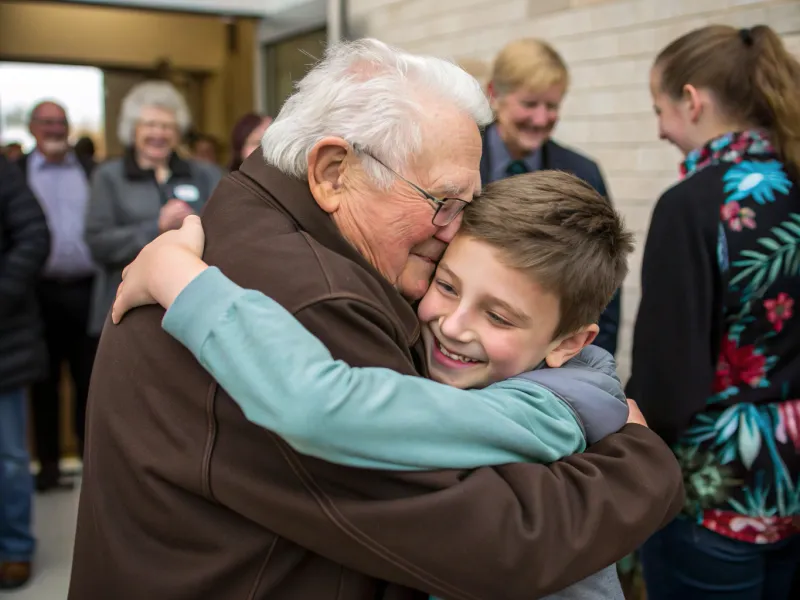
Departures were never abrupt; they were rituals of closure. Each goodbye was a thread in the tapestry of relationships.
This rule taught us courtesy, the significance of acknowledging others.
In saying goodbye, we found appreciation for the moments shared, learning that farewells are as important as hellos.
18. Always offer to help clean up—even if you’re the guest.
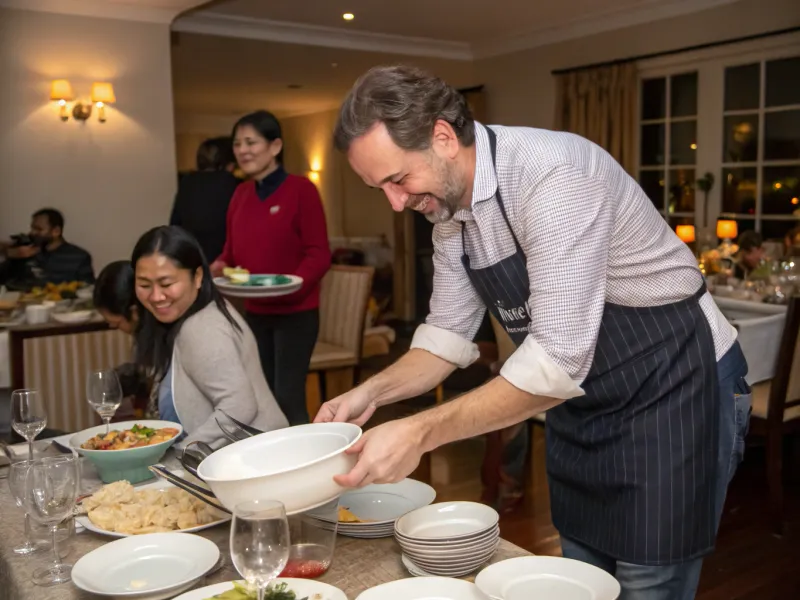
Being a guest didn’t exempt us from responsibility. Offering to help clean was a gesture of appreciation and respect.
This rule taught us humility, the importance of contributing to the collective effort, regardless of our role.
Now, I find joy in helping, knowing that shared effort fosters community and gratitude.
19. Birthday cards must include a handwritten message.
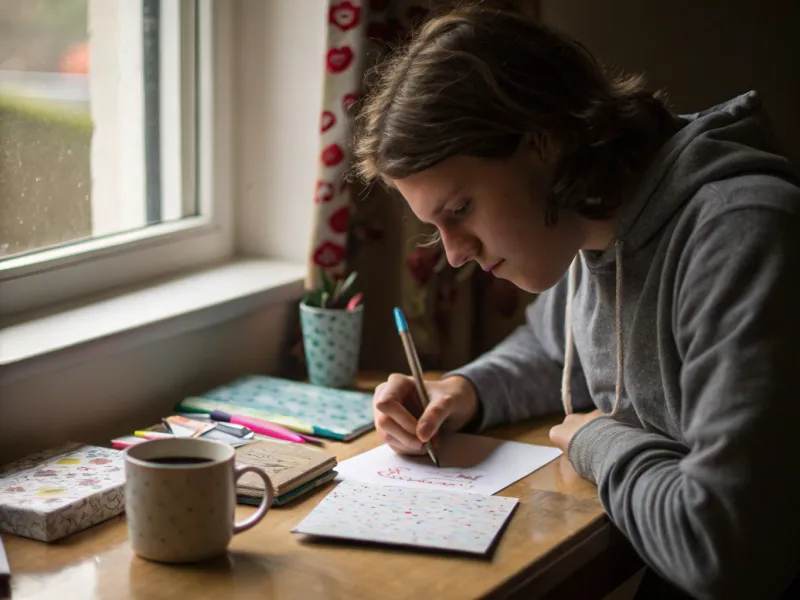
A store-bought card wasn’t complete without a personal touch. Handwritten messages transformed them into keepsakes.
This rule taught us the value of words, the power of personal expression.
In crafting each message, we learned to articulate feelings, understanding that true connections are often penned with love.
20. You better call when you get there.
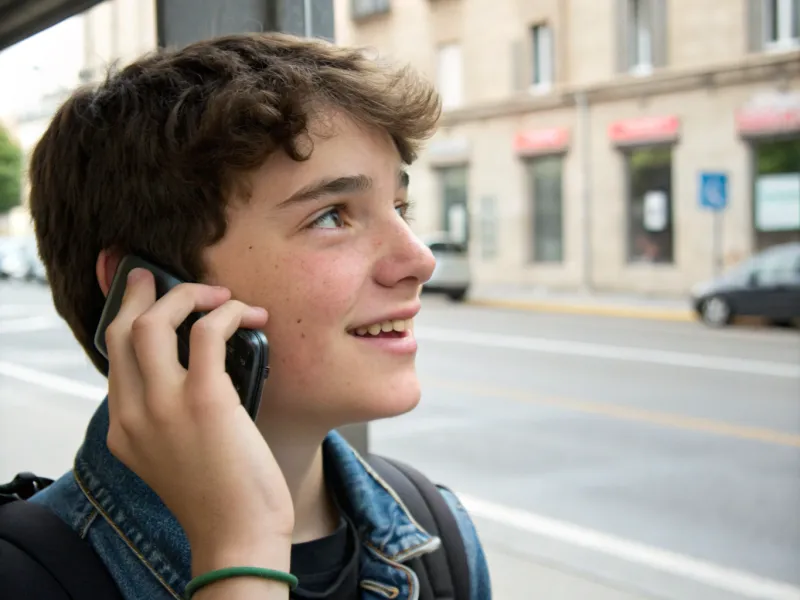
A simple call, a reassurance of safety. This rule wasn’t just about control; it was about love and concern.
It taught us to appreciate those who care, to understand that safety is a shared responsibility.
Now, I see it as a reminder of connection, knowing that communication is a bridge between worry and peace.
21. If you mess it up, you fix it.
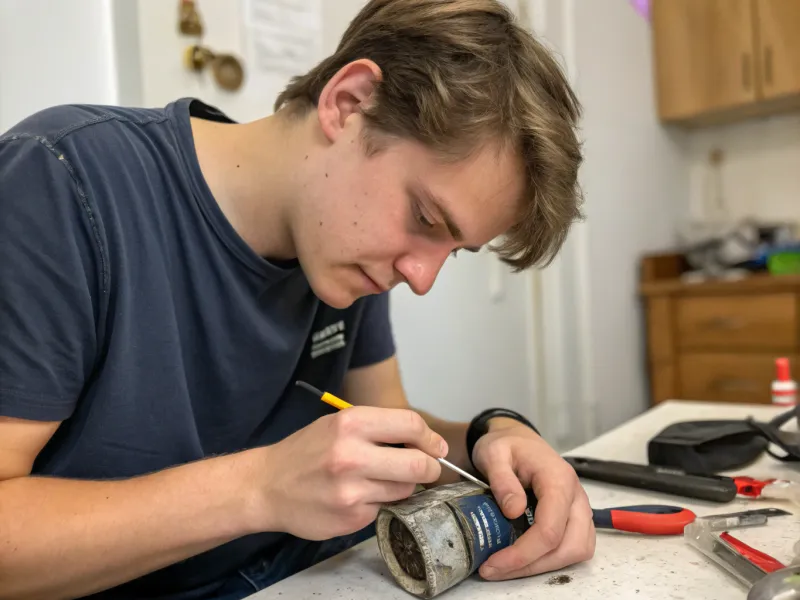
Mistakes were opportunities, not failures. This rule instilled accountability, the courage to address our errors.
In fixing what we broke, we learned resilience, to stand by our actions and grow from them.
Now, I embrace challenges, knowing that ownership and effort lead to growth and understanding.
22. We don’t lie—even about little things.
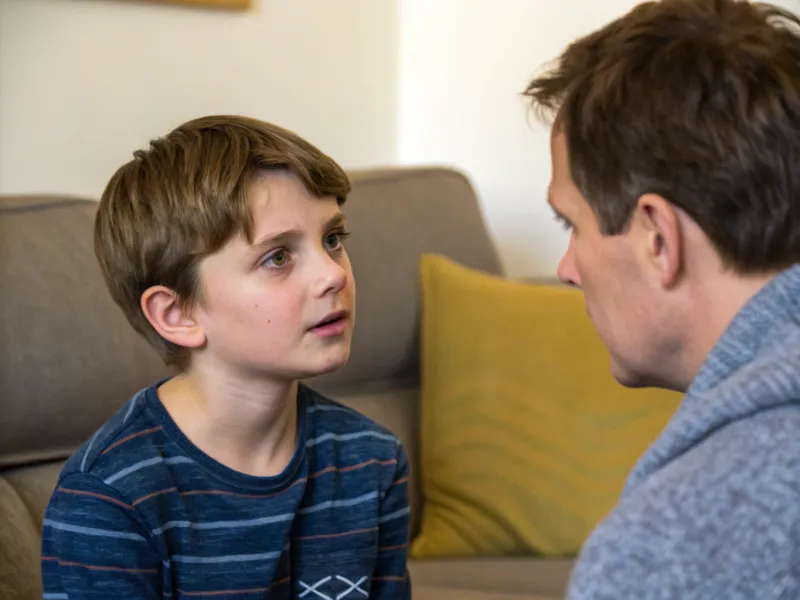
Honesty was a cornerstone of our family values. Even small lies were seen as cracks in the foundation of trust.
This rule taught us integrity, the strength of character built on truth.
I learned that honesty fosters trust, understanding that truth, even when difficult, is always the right path.
23. You don’t talk back—but you can speak up respectfully.

Respectful dialogue was encouraged, but disrespect was not tolerated. This taught us the art of assertive communication.
We learned to express ourselves while honoring others, to balance courage with courtesy.
In speaking up gracefully, I found empowerment, realizing that respect and voice are not mutually exclusive.
24. You’re allowed to cry—but then you have to breathe and try again.

Tears were welcomed, not shamed, in our household. This rule embraced vulnerability while encouraging resilience.
We learned to feel deeply, to release emotions but also to find strength in perseverance.
In breathing after tears, I discovered renewal, understanding that healing often follows the storm.
25. We forgive—but we don’t forget how it felt.

Forgiveness was a given, but remembrance was key. This rule taught us compassion and boundaries.
We learned to heal while honoring our experiences, understanding that forgiveness doesn’t erase the lessons learned.
In remembering, I found wisdom, realizing that compassion and self-awareness often go hand in hand.
26. We don’t waste food—not because we’re poor, but because we’re grateful.

Food was a blessing, not to be taken for granted. This rule was about gratitude, not scarcity.
We learned to value what we had, to appreciate the effort and love behind every meal.
In gratitude, I found humility, realizing that abundance is often a matter of perspective.
27. You never brag—let your work speak.
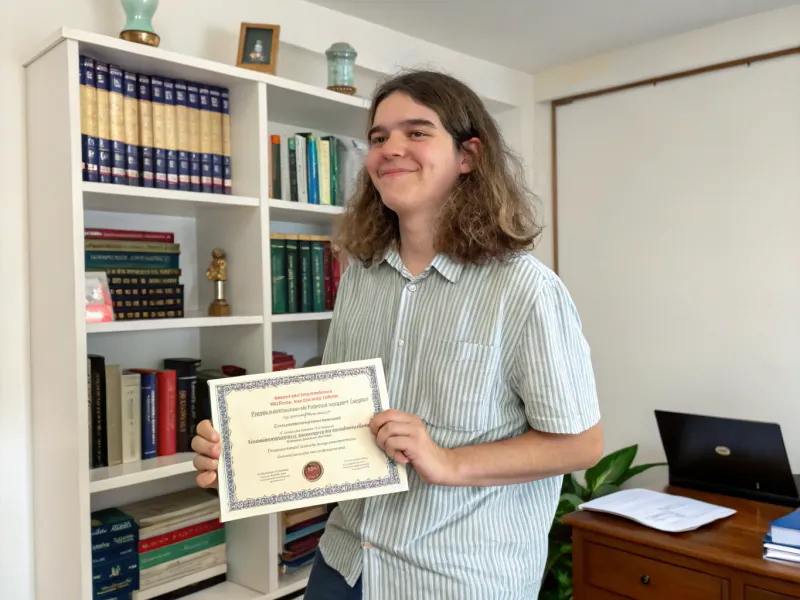
Accomplishments were celebrated, but boasting was discouraged. This rule taught us humility and confidence without arrogance.
We learned to let our actions define us, to find pride in effort rather than applause.
In silent achievement, I discovered grace, knowing that true success often whispers rather than shouts.
28. We show up—whether we feel like it or not.

Commitment was non-negotiable. This rule instilled reliability, the importance of keeping promises.
We learned to honor our word, to show up for others and ourselves, even when inconvenient.
In showing up, I found resilience and integrity, realizing that presence often speaks louder than words.
29. Apologize when you’re wrong. Don’t wait to be called out.

Owning mistakes was about courage, not fear. Apologies were encouraged before being demanded.
This taught us responsibility and the strength in acknowledging faults.
In apologizing, I found growth, understanding that humility fosters healing and respect in relationships.
30. Love isn’t about being perfect—it’s about trying, again and again.

Love in our family was persistent, not perfect. This rule taught us perseverance and kindness.
We learned that love is about effort, the willingness to try despite imperfections.
In love, I discovered patience, realizing that its beauty lies in the continuous journey, not the destination.
